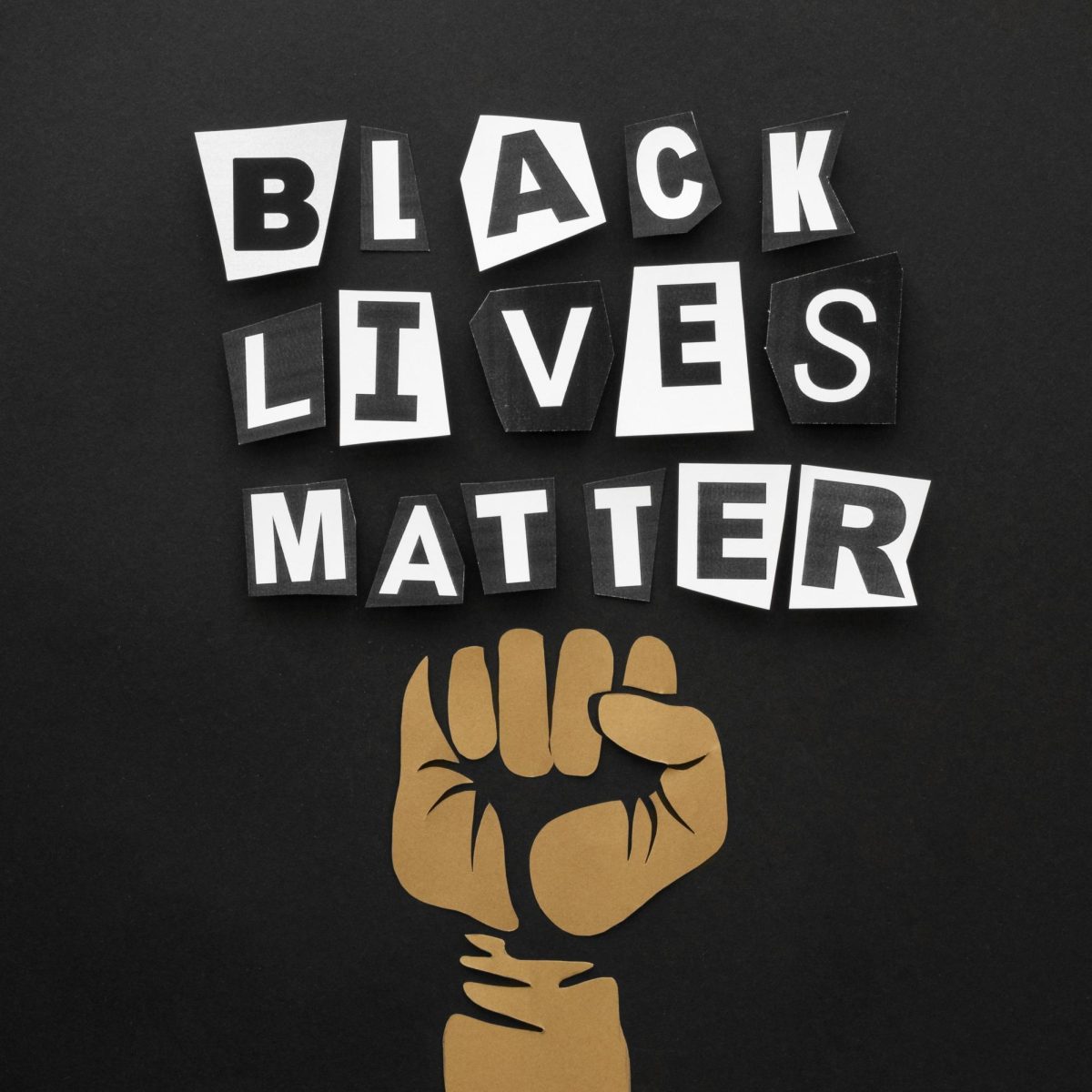My sister was born two years later, the same day Nina Simone died. My sister will be a great old lady. She wears sweaters, nappy puffs, and glasses, and she’s loud at times, but mostly quiet and reflective. I always wanted to steal her warm cardigans. They comforted me like Nina’s songs did.
Her songs are some of the most depressing I’ve ever heard and I wonder if she was stuck in the same rut I was. Constantly pensive about past states of beings and racist states that won’t pass laws, that won’t continue, progress. I wonder if it became a confluence of musical artistry.
Her interview with BBC HARDtalk is something of a batty old lady defending herself. It reminded me of my grandma, I call her Nene, who I saw earlier that day. Simone’s lips jutting out. Lots of “Well, yes” are accompanied by sharp head nods that resemble Nene’s (mellow yet upset) voice cantillating her dances with treacly mannerisms.
Defending herself from my “Really?”, “Really?”s when she told me about her life in Nigeria.
Nina said Martin Luther King Jr. could’ve been president. I thought she was outrageous, but what is outrageous when he died months later, and she said the opponent was incompetent?
Nina’s first name was Eunice, and I can only remember her as a grandma, despite what album covers and websites remind me of.
Eunice and Nene felt spheres away, and I felt hopeful my life could be as fantastical as theirs. The art, the coconut trees, the dancing, the joy.
Being in the know. Being comfortable.
My mom is a confluence of pride, tutelage, and selfishness. Generations of punches and hugs have caved my stomach in, but I don’t think she’s breathing either.
Everything in me that wanted to live was too afraid to come out.
It felt ridiculous and irrational. It’s crushing and I’m tired of having to figure out how to get it out. It’s a slow healing process of sorting affirmations from defamations. A fantasy from a truth.
But then there’s Eunice. Bringing the inside, outside, like the way my mom turned laundry inside out and folded it. With her, all emotions felt beautiful. From dystopia to injustice to loneliness. I had a strong reverence for having all of these sensations and experiences- knowing the fluidity of life, the endless possibilities, and the beauty in all of it, negative or positive. But within the same shuffle of songs, there was so much depression. Bleak scenes that felt like all I, we could do was feel, and never move forward, never be liberated.
Then I remember the abuse she gave her daughters. And the abuse her mom, Mary, gave Eunice, and I understand the ache in her songs more.
Later in the interview, Eunice said, “I sing from intelligence. I sing from letting them know that I know who they are.”
I know who they all are, and I vow to hold and discover the softness, the knowledge, the joy for my liberation. And dispel the anger and fear so it stops here. To ensure when I’m old, I will have good memories.

